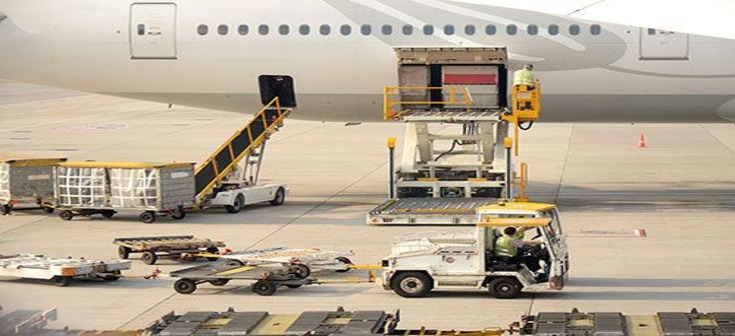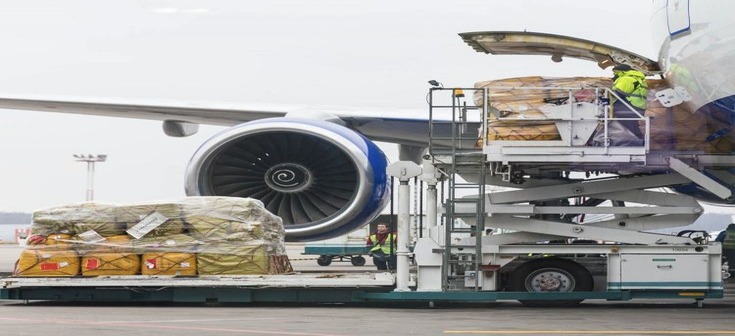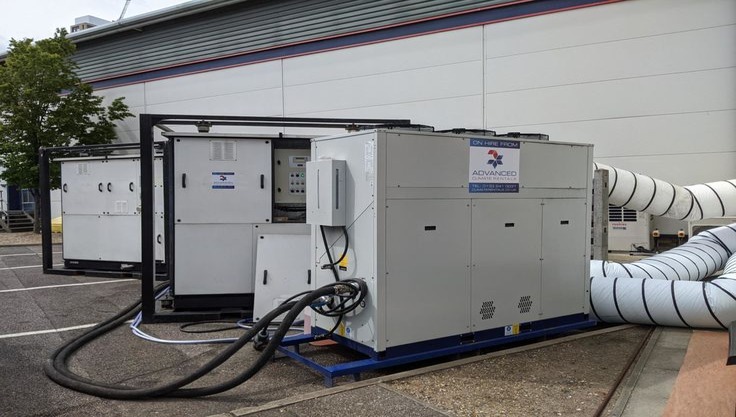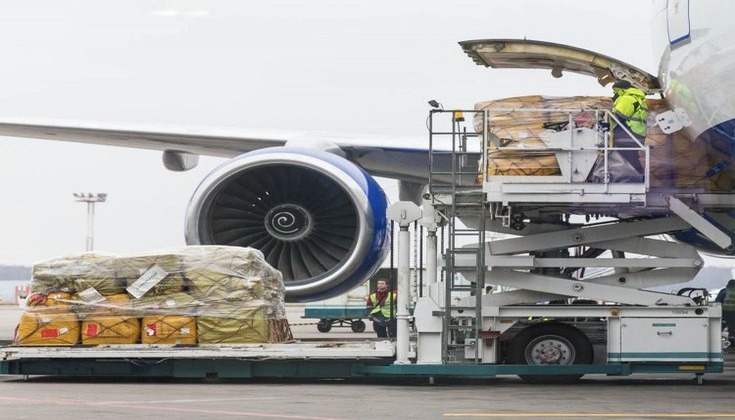Welcome to Express Global
Air Cargo Freight Services
Ship Suppliers and Ship Chandler Industry

Business Verticals
AIR Freight
Air freight is a method of transporting goods quickly and efficiently across long distances using aircraft. It is widely used for high-value, time-sensitive shipments such as electronics, pharmaceuticals, and perishable items.

Welcome to Express Global
Air freight, also known as air cargo, is a transportation method that uses aircraft to move goods quickly across long distances. It is the fastest and most reliable mode of shipping, ideal for time-sensitive, high-value, or perishable items. Air freight is commonly used by industries such as healthcare, electronics, fashion, and e-commerce to ensure the timely delivery of goods like medical supplies, high-tech devices, and luxury products.
AIR Freight Advantages

Cost Efficiency for Large Shipments
For large, heavy, or non-time-sensitive shipments, sea or rail transport is more cost-effective, while air freight is more practical for smaller, high-value goods.

Environmental Impact
Air freight has a higher carbon footprint compared to sea, rail, or road transport, making it less eco-friendly.

Documentation and Formalities
Air freight often involves streamlined customs and documentation processes, while sea and rail shipments may require more complex paperwork and longer clearance times.

Delivery Time
Air freight offers the fastest delivery times, while sea transport is the slowest, followed by road and rail.
AIF (Automated Import Feasibility) solutions
Efficiently utilizing container space while managing smaller shipments. Balancing the cost of LCL shipments with overall budget constraints. Ensuring timely delivery while handling multiple shipments within a single container. Managing diverse documentation and compliance requirements for LCL shipments. Coordinating between multiple parties (shippers, carriers, customs, etc.) for seamless operations.
Documentation & Compliance
Managing diverse documentation and compliance requirements for LCL shipments. Providing real-time tracking and visibility across multiple shipments. Aggregating data from various sources for accurate feasibility analysis. Anticipating issues like customs delays, transit issues, or carrier capacity constraints.
Advantages of AIR Freight service with Express Global

Ideal for Perishables
Products like fresh produce, pharmaceuticals, and flowers benefit from the short transit times and temperature-controlled environments.

Less Storage Required
Faster delivery means reduced need for storage facilities and lower inventory carrying costs.

Efficient Customs Clearance
Air freight shipments often have streamlined customs procedures, expediting the process of international shipping.
Advantages of AIR Freight service with Express Global

Reduced Risk of Delays
Unlike sea or road transport, air freight is less affected by weather or traffic conditions, making it more dependable for on-time delivery.

Global Reach
Air cargo provides access to remote or landlocked areas that may be difficult to reach by other modes of transport.

Reliability
Airlines typically operate on fixed schedules, ensuring timely delivery and reducing delays.

Security and Control
Goods are transported in a controlled environment with enhanced security measures, making air freight a preferred choice for high-value, fragile, or sensitive cargo.
FAQs
Air freight is the transportation of goods via airplanes, providing fast delivery for shipments that require urgency or are time-sensitive.
Air freight is suitable for a wide range of goods, including perishable items, high-value goods, electronics, pharmaceuticals, and sensitive equipment.
Improved security and reduced risk of damage
Weight and size of the shipment

.svg)